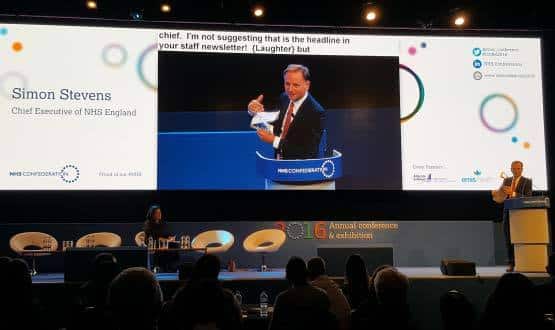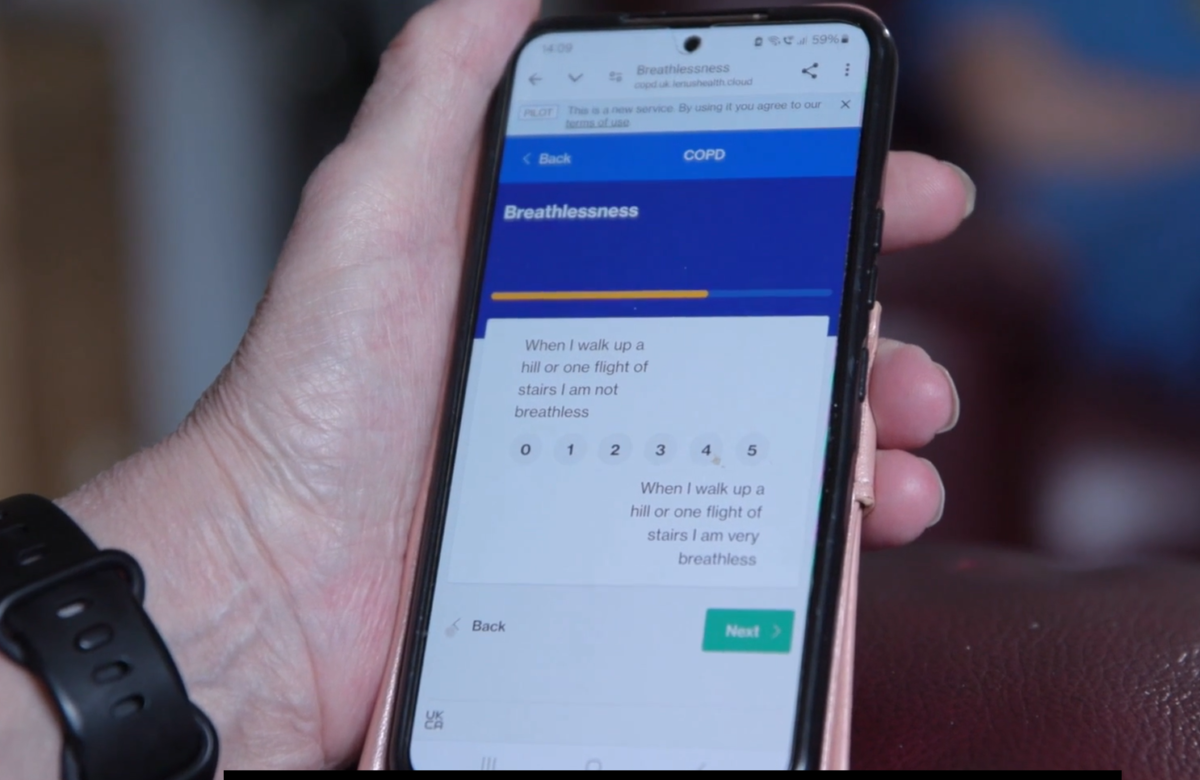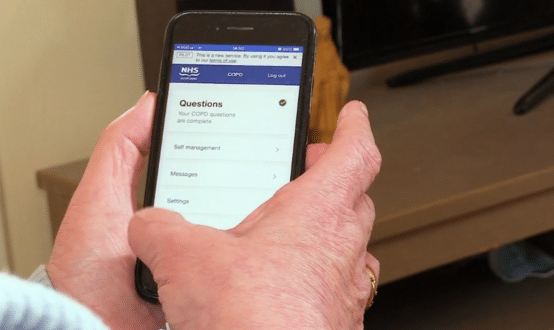Stevens announces med tech winners and mobile ECG funding
- 2 November 2016

NHS England chief executive Simon Stevens has announced the first categories of devices and apps to be paid for by the new Innovation and Technology Tariff.
He also announced that there will be separate, central funding for clinical commissioning groups to buy mobile ECG devices, so patients can use these to help prevent heart problems.
Stevens announced the tariff at the NHS Confederation’s annual conference in June, when he argued that it would enthuse clinicians and provide a counter-point to the financial gloom that is in danger of enveloping the NHS.
Companies interested in the tariff scheme, which will enable trusts to adopt innovations without having to negotiate terms with their commissioners, were invited to apply via the National Innovation Accelerator programme.
Some 119 applications were received, and assessed for whether they were mature, had a validated evidence base, were ready for scaling, and were delivering improved quality and efficiency.
Six innovation groups have been chosen, one of which is apps to improve the self-management of chronic obstructive pulmonary disease by improving the use of inhalers and reducing the need for face to face sessions.
The other innovations are focused on medical interventions, and comprise angled scissors to reduce tears during medically assisted births, systems to reduce infections via intravenous lines and ventilators, and new treatments for Clostridium difficile and enlarged prostate.
The products that fit within these groups will now be subject to commercial negotiation, while the exact rules on how trusts will be reimbursed are covered by the National Tariff Consultation Document.
Although the innovations tariff has ended up being focused on medical interventions, it was clear in Manchester that Stevens was taken with the mobile ECG. During his presentation, he held up a mobile and said: “This is an iPhone, but it is also an ECG machine.”
He argued that it could help the 2 million people who have heart conditions, by picking up abnormalities early, and save the NHS significant sums of money. Stevens made a similar point at last month's Health and Social Care Expo, where he demonstrated an ECG that could attach to a smartphone, for less than £100.
Announcing the first list of innovations overnight, Stevens said: “The NHS has a proud record of world firsts in medical innovation, but getting wide uptake has often been far too slow.
“Our new payment system brings clarity on fast track funding to get groundbreaking new treatments and technologies to NHS patients, many of which will not only improve care, but save the NHS money, too.”
The Innovation and Technology Tariff will apply from April next year, and its impact will be evaluated. A wider scheme is already planned for 2018-19 and beyond.




